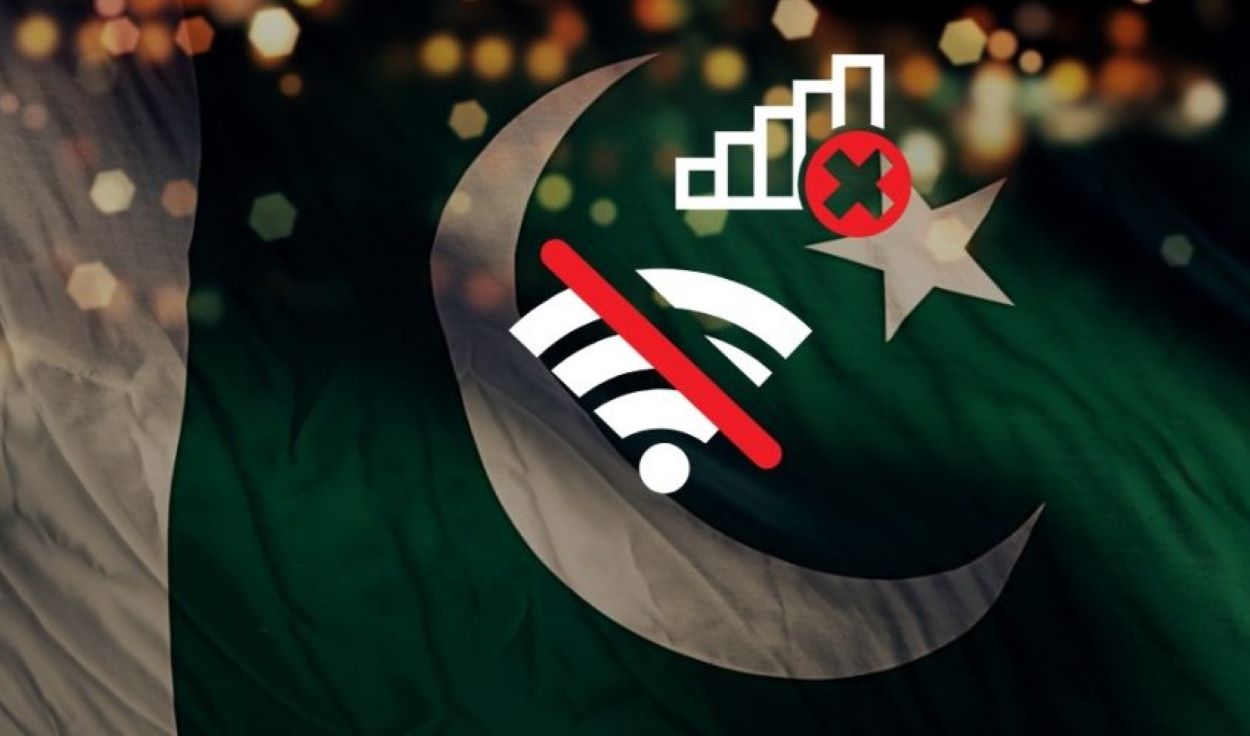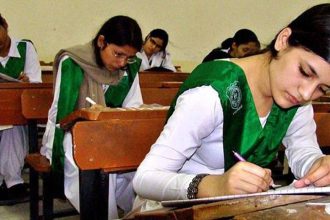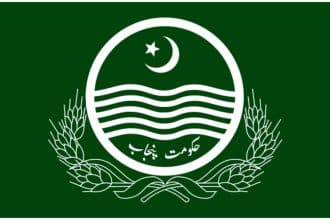On October 10, 2025, Pakistan’s federal government suspended 3G/4G mobile and internet services in Islamabad and Rawalpindi, citing serious security concerns.
The Ministry of Interior, led by Mohsin Naqvi, directed the Pakistan Telecommunication Authority (PTA) to implement the blackout until further notice. The PTA is coordinating with local authorities, including the Commissioners and Police Chiefs of both cities.
The government also halted Metro Bus services in Rawalpindi, sealed major roads, and deployed heavy police contingents. A traffic diversion plan is in place to manage disruptions. These measures respond to credible intelligence about planned terrorist activities by groups like RAW, TTP, and BLA, as well as potential political and sectarian unrest.
Read: TTP Leader Noor Wali Mehsud Killed in Kabul Drone Strike
The Punjab government enforced Section 144 across the province for 10 days, effective immediately, banning public gatherings and protests. The Home Department’s notification highlighted a “serious and imminent threat” to public safety, citing intelligence reports. On October 9, Rawalpindi imposed a four-day Section 144, prohibiting protests and pillion riding, prompted by Tehreek-e-Labbaik Pakistan’s (TLP) planned “Aqsa March” to the US Embassy in Islamabad over American support for Israel’s actions in Gaza.
The suspension of internet services and security measures in Pakistan reflects the country’s increased vigilance in response to terror threats and political tensions. While these actions aim to ensure public safety, they may disrupt communication and mobility.






